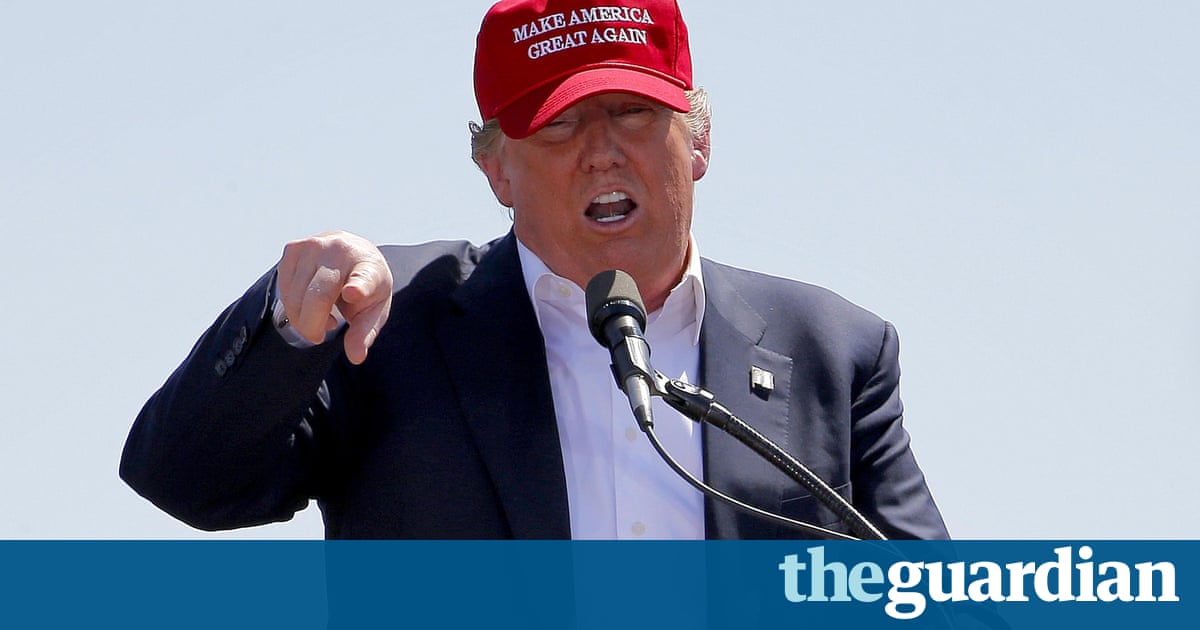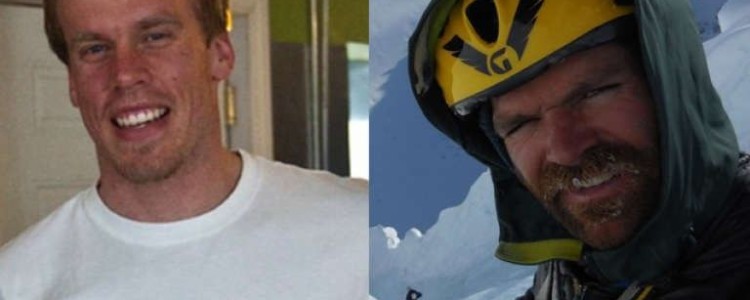This important study by the New York Times chief executive and former BBC boss identifies many culprits for the destructiveness of political debate

Plato, Socrates and Thucydides fretted about it. Hobbes was anguished in 17th-century England. In 1946, Orwell published his influential essay, Politics and the English Language, in which he shivered over the frightening ease with which dark forces can exploit perverted rhetoric for malign ends.
In this important book, Mark Thompson is quick to concede that ours is far from the first age of alarm about the way we conduct political debate and he is not the first to raise the spectre that it could lead to even scarier destinations than Donald Trump. It is his elegantly argued contention that our crisis has characteristics that are peculiar to our time and there are specific accelerants that make our circumstances exceptional. One is the technology that has given political actors the capability to reach more people more of the time in more places than at any previous stage of human history. Words hurtle through virtual space with infinitesimal delay, he writes. A politician can plant an idea in 10 million other minds before she leaves the podium.
Yet while the noise has magnified, the content has become increasingly infantilised. Argument has turned cruder, ruder, more polarised and less anchored in facts. Much of media treatment of political debate has gone the same way, further cramping the spaces in which reasonable people can engage in rational discourse.
Thompson, a former director general of the BBC turned chief executive of the New York Times, usually advances his case in cool, nuanced and forensic prose, but he is a blistering flame-thrower about the consequences of the digital revolution. In the beginning, internet idealists imagined that it would encourage wider and richer debate. They didnt anticipate the creation of echo chambers in which the committed can seal themselves off from any contrary opinion or inconvenient truth by talking only to those who agree with them. Nor did the prophets of digital see coming the tidal waves of rage and hate that crash down on anyone daring to venture a contrary view. Digital has certainly intensified the political news cycle, but it is hard to make a convincing claim that it has done much for the quality.
Most of the young people who work for the new publishers find themselves not knee-deep in a war zone or with the time and resources to pursue a heroic long-term investigation, but locked in a digital sweatshop, ripping off other peoples work, making lists and chasing clicks, racing to keep one step ahead of the scything blades of Facebooks unforgiving algorithm, Thompson writes. He also gives a kicking to newspapers and conventional broadcasters who, scared of looking backward and hungry for free content, give further amplification to the howlround.
The result is political discourse in which there is no longer any presumption of good faith between opponents, just a fight to the political death, a fight in which every linguistic weapon is fair game. Rhetorical self-restraint is abandoned and vituperative exaggeration, often vaulting into outright mendacity, is rampant.
Conventional politicians of the mainstream are both culprits and victims of this trend. The easy bromides, sleights of tongue, spin and other techniques they borrowed from the world of commercial marketing got them by in peace and prosperity, but are now found wanting during a period of conflict and austerity. Alienation has been magnified by military misadventures, the financial crash and the uneven impacts of globalisation. You may have recently heard Tony Blair mournfully wondering whether the type of broadly centrist politics practised by him and Bill Clinton is now defunct. Barack Obama was possibly the last of their kind that we will see for a while and his career trajectory epitomises the problem. The messiah of boundless hope on the campaign trail became the weary professor of complexity in the White House. There has always been a tension between the different demands of acquiring power and wielding it. Modern electioneering has become about messages that are cut-through crude; government involves making tricky, often finely balanced and frequently painful trade-offs. That tension has become more acute as the challenges facing leaders have become more technically intricate at the same time as contemporary campaigning has intensified the pressure to oversimplify. The result is a recurring loop of brave promises followed by glum disappointment. Coupled with an accelerated news cycle, we now travel from the peak of expectation to the trough of disillusion faster than ever.
That has set the stage for the rise of demagogic charlatans like Trump. He is one of the poorest orators to have become a US presidential candidate in a long time. He is a terrible speaker, incapable of rising any higher than the repetition of inflammatory crudities. Ronald Reagan could make a phrase sing, whether it was his own or one composed for him. Trump could not deliver a poetic line even if he employed anyone with the wit to draft one for him. His campaign slogan Make America Great Again! could hardly be less original. Nor more duplicitous. For all its flaws, the US remains the worlds greatest economic and military power. Thompson makes the cute point that the I-tell-it-like-it-is anti-rhetoric performed by Trump is an especially deceptive form of rhetoric. The ancient Greeks had a name for this trick. They called it parataxis. This is the way generals and dictators have always spoken to distinguish themselves from the cavilling civilians they mean to sweep aside. Theres nothing as fake as the politician promising authenticism.
Trump is just one symptom of a deeper disease, according to Thompson. The nihilistic rejection of the concept of expertise on the grounds that everything is now just a matter of opinion is having some disastrous consequences for policy-making, especially around healthcare and science. He gives a slap on the wrist to those of his former colleagues at the BBC who interpret balance as giving equal airtime to a professor of cosmology and a flat-earther. In a post-fact world, public understanding of issues is being degraded and voters rendered less well equipped to make reasoned choices about policy options. The Chinese politburo, campus censors who close down debate in the name of political correctness, and Twitter flash mobs have more in common than they know. All are sure they are right None of them trust the rest of us. And they all seek to gag anyone who doesnt share their worldview. His concluding chapters take on an apocalyptic tone, shuddering that the enemies of free speech are gathering intolerance and illiberalism are on the rise almost everywhere.
Then he rescues himself from despair by reminding himself that public language has come back to life before, even as the last rites were being read over it. Theres hope for reasoned persuasion yet. In the uncertain interim, what can you do? Open your ears. Think. Speak. Laugh. Cut through the noise. It is not bad advice.
Enough Said is published by Bodley Head (25). Click here to buy it for 20









